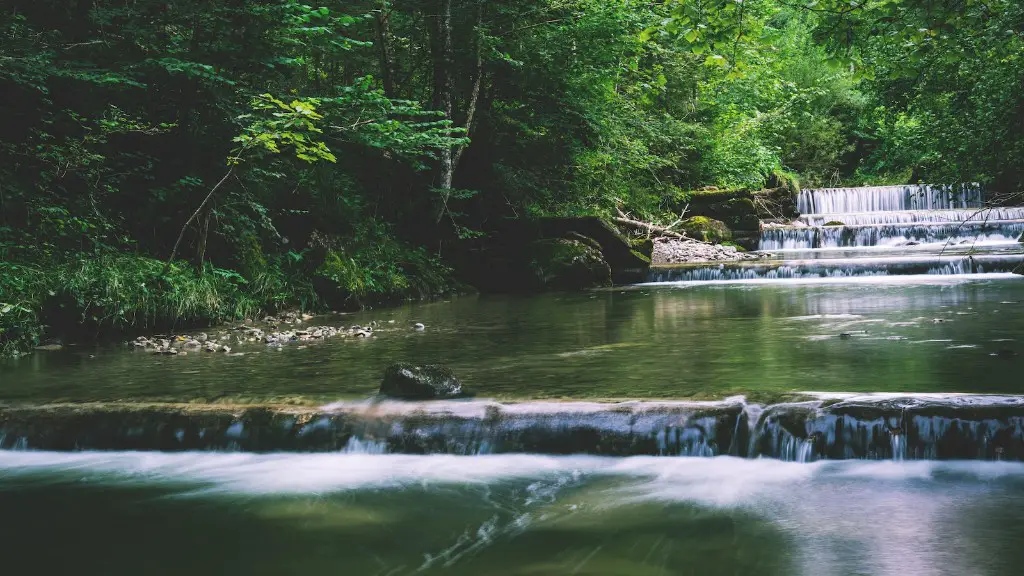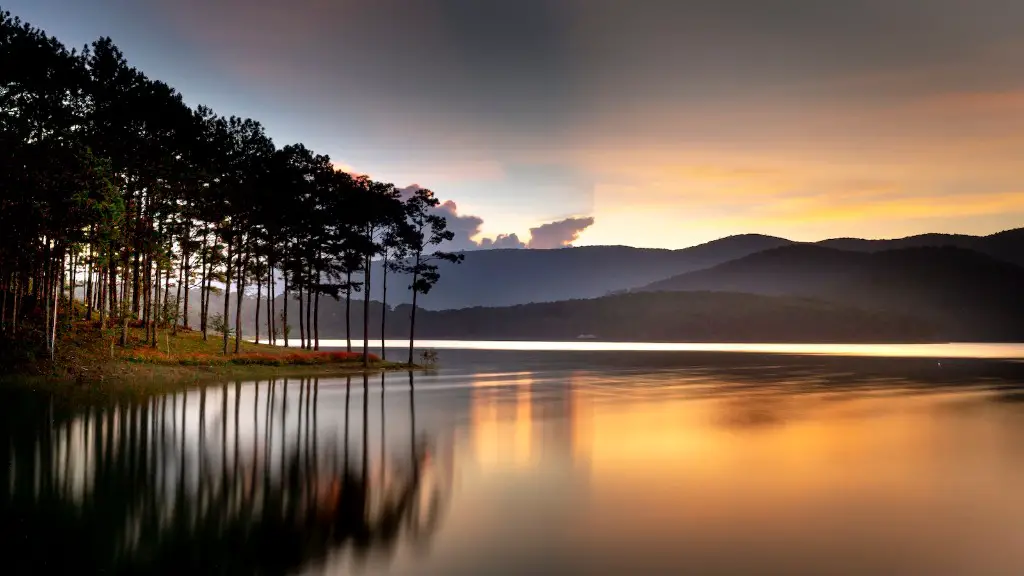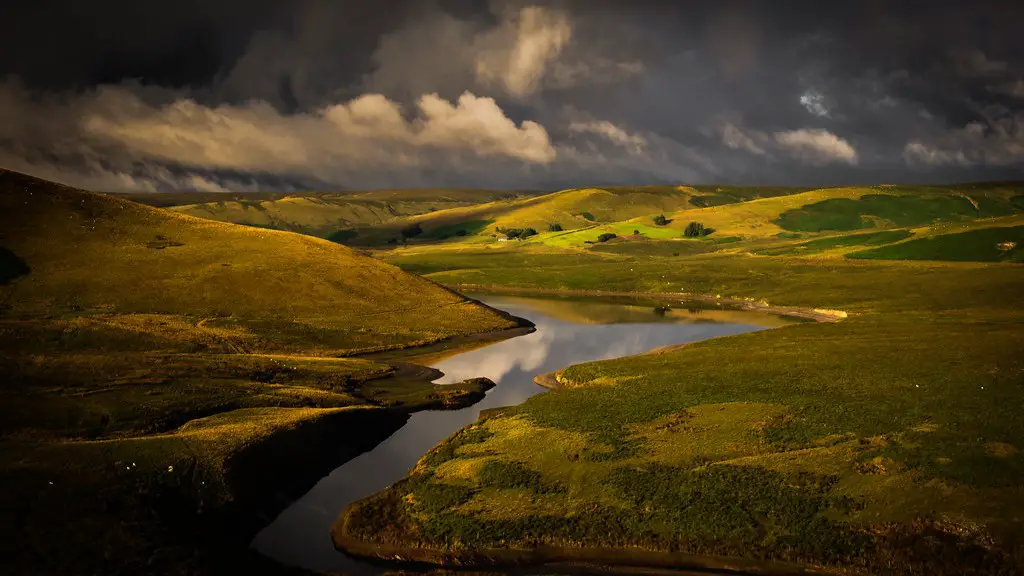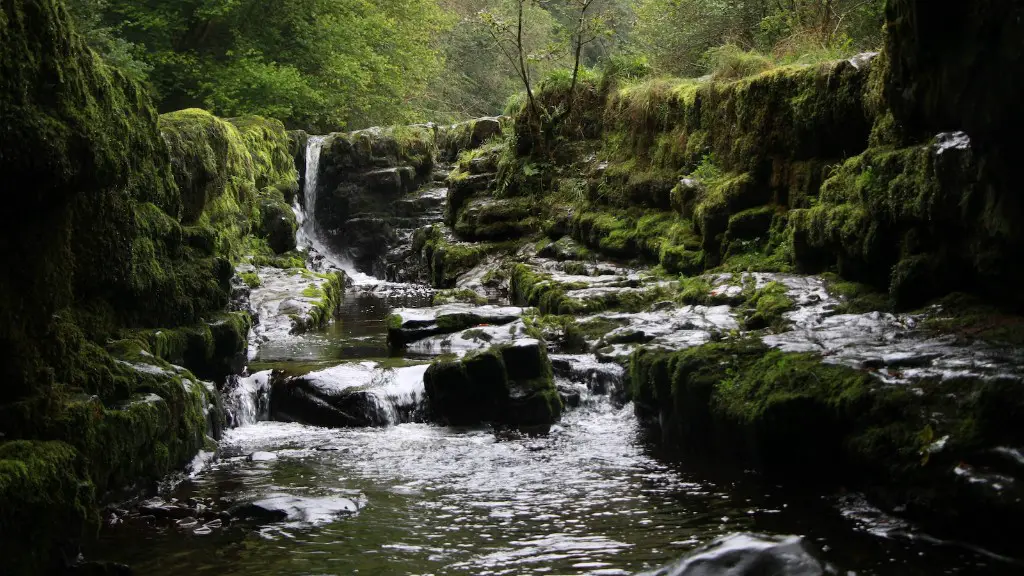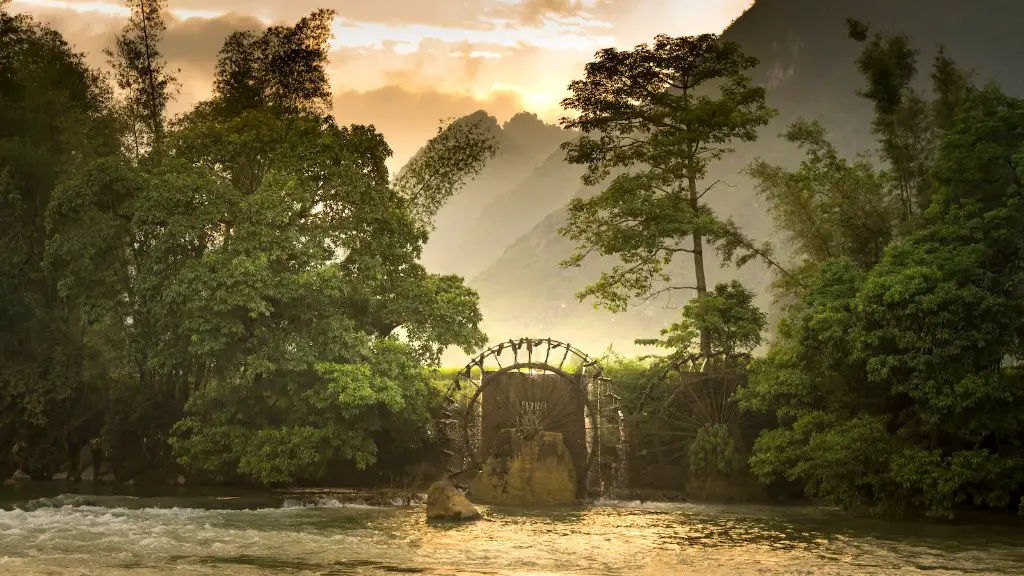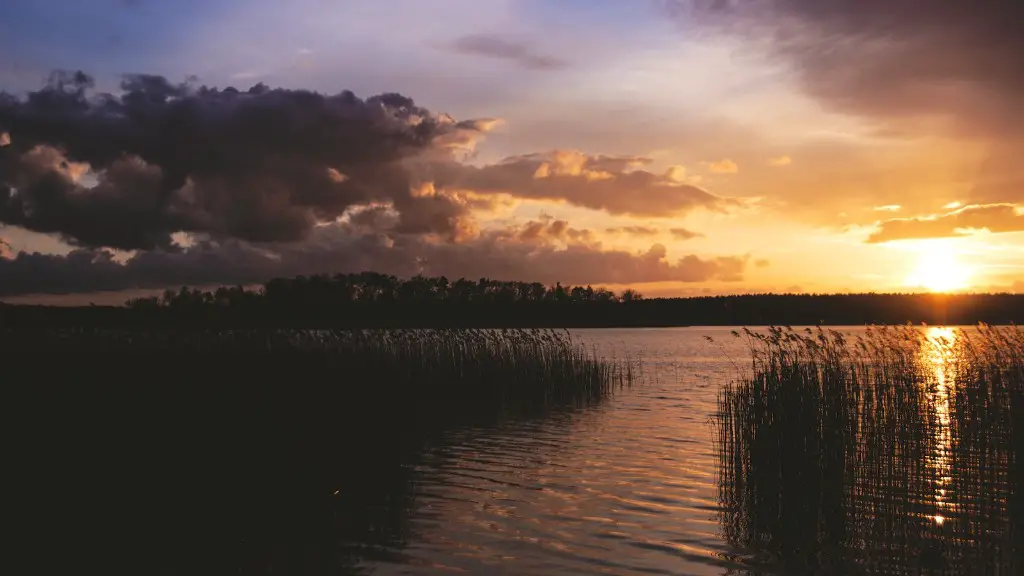The Ganges river is a sacred place for Hindus. It is considered to be the most holy river in Hinduism. The river is believed to be the home of the goddess Ganga. Hindus believe that bathing in the Ganges river will cleanse them of their sins. The river is also a place where Hindus cremate their dead.
The Ganges River is a very sacred place in Hinduism and is considered to be a holy river. This is because the river is seen as a purifier and is believed to cleanse away all of the sins of those who bathe in it. The river is also seen as a way to connect with the divine, and many Hindus believe that it is a place where they can go to receive blessings from the gods.
Why is the Ganges River so sacred?
The Ganges River is most sacred in the Hindu tradition. It is understood as the personification of the Goddess Ganga. Hindu belief holds that bathing in the river on certain occasions causes the forgiveness of transgressions and helps attain salvation.
The Ganges River is considered holy by many Hindus and Jains, who believe that it has the power to purify. This belief is based on Hindu scripture. However, substantial minorities of Indian Christians and Muslims also believe in the purifying power of the Ganges River.
What is the most holy river in the world
The Ganges is a sacred river to Hindus and is also one of the dirtiest rivers in the world. The river is considered sacred because it is believed to be the home of the goddess Ganga. Hindus believe that bathing in the Ganges will cleanse them of their sins. The river is also used for drinking, cooking, and washing.
Despite the fact that the Ganges is considered sacred, it is also one of the dirtiest rivers in the world. The river is polluted with human waste, industrial waste, and animal carcasses. The pollution in the river has caused serious health problems for people who live along its banks. The river is also responsible for spreading diseases such as cholera, dysentery, and typhoid.
The government of India has made several attempts to clean up the Ganges, but the river continues to be polluted. The government has also created a number of sanctuaries along the river where people can go to bathe and worship.
The Ganga is a lifeline for India and its people. It provides water to 40% of the population and is a source of irrigation for many crops. The basin has fertile soil that greatly influences the agricultural economies of India and Bangladesh.
Why do people throw ashes in the Ganges River?
The Hindu believe that if a deceased’s ashes are laid in the Ganges at Varanasi, their soul will be transported to heaven and escape the cycle of rebirth. In a culture that believes in reincarnation, this concept called moksha is profound. It is the belief that the soul can be released from the cycle of rebirth and attain a state of bliss. For many, this is the ultimate goal.
The Ganges River is a vital resource to Asia, providing water for irrigation, fishing, and bathing. However, the river faces many threats, including pollution and overuse. In the Hindu religion, the Ganges is worshiped as the Mother Ganga. At the river’s mouth, the Ganges forms the Ganges River Delta, the largest river delta in the world.
What does the Ganges River symbolize?
The River Ganges (also referred to as Ganga) is a symbol of faith, hope, culture and sanity, as well as a source of livelihood for millions since time immemorial. She is the centre of social and religious tradition in the Indian sub-continent and particularly sacred in Hinduism. Every year, Hindu pilgrims from all over the world come to the banks of the Ganges to perform holy rituals and take a dip in her sacred waters. The Ganges is also a lifeline for millions of people who live along her banks and rely on her for their livelihoods. In recent years, the Ganges has been in the news for all the wrong reasons – pollution, sewage and garbage from homes and industries along her banks have made her waters dangerously toxic. This has not only affected the health of those who use her waters, but also the fish and other aquatic creatures that live in her. It is time we all worked together to clean up the Ganges and restore her to her rightful place as a symbol of hope and life.
Hindus believe that the Ganges is a sacred river that has the power to cleanse people of their sins. They bathe in or drink the river water regularly as a way to purify themselves. Many Hindus also believe that the Ganges is a goddess who represents purity and that she will never be polluted.
Where is the holiest place on earth
The Western Wall, located in Jerusalem, Israel, is the holiest site in Judaism. This wall is a remnant of the ancient Jewish Temple that was destroyed by the Romans in 70 CE. Jews believe that the Western Wall is the holiest place on Earth, and it is a place of pilgrimage for Jews from all over the world.
The Thames River in London is famously clean, and it’s now been officially recognized as the cleanest river in the world! This is an amazing accomplishment, and it’s a testament to the hard work of everyone who has worked to keep the river clean. Congratulations and thanks to all involved!
What is the holiest land in the world?
The Holy Land is a term that usually refers to a territory that includes the modern State of Israel and the Palestinian territories. Jews, Christians, and Muslims all regard this land as holy. For Jews, the Holy Land is the land promised to them by God as described in the Hebrew Bible. Christians believe that the Holy Land is where Jesus Christ lived, preached, and was crucified. Muslims consider the Holy Land to be the place where the Islamic prophet Muhammad was born and lived.
This is an extremely serious problem that needs to be addressed urgently. The Ganges is a vital waterway for many people in India and the pollution is having a devastating effect on the environment and human health. It is imperative that more is done to treat the sewage before it is released into the river and that efforts are made to clean up the river itself.
Why is the Ganges River controversial
It is estimated that nearly 60 percent of the water in the Ganges is used for agriculture, while another 20 percent is used by industry. This leaves very little for the river to flow freely, and has led to a number of issues.
Barrages and dams have disrupted the river’s natural flow, and pollution from homes and industries have contaminated what’s left of the river. As a result, the Ganges is now one of the most polluted rivers in the world.
It is estimated that each year, 1.3 million people die from diseases caused by the pollution in the river. This is an unacceptable situation, and something needs to be done to protect this important river.
It is believed that bathing in the Ganges purifies one’s soul and helps in the attainment of salvation. Spreading one’s ashes in the river is also thought to be beneficial for one’s karma.
How do people not get sick from the Ganges?
There is a belief among some locals that they have built up an immunity to the bacteria in the river, even if their mission is to clean it up. However, according to Sue Lennox, chief executive of OzGreen, this idea is a myth. People who bathe in the river can and do get ill from the bacteria present.
It is well known that high levels of sodium are detrimental to human health. However, what is not as well known is that high levels of sodium are also toxic to plant life. Cremated ashes contain high levels of sodium, which can be up to 2000 times what plant life can tolerate. This high level of sodium will damage the plant’s roots, causing the plant to die.
Do human ashes harm the ocean
The cremains of a human body are mostly dry calcium phosphates. These minerals are harmless to the ocean and its inhabitants. The cremains pose no threat to the waters or ocean life.
The Ganges river is one of the most sacred rivers in India. It is also one of the most polluted. Excessive pollution has put the Ganges in danger. Coliform bacteria levels in the Ganges have been tested to be at 5,500, a level too high to be safe for agricultural use let alone drinking and bathing. The Indian government has promised to clean up the river, but so far little progress has been made. The situation is dire and urgent action is needed to save the Ganges.
Warp Up
Yes, the Ganges river is a sacred place for Hindus. The river is considered to be a goddess and is worshiped as such. Hindus believe that bathing in the river will cleanse them of their sins and prepare them for rebirth.
There is no doubt that the Ganges River is a sacred place. For Hindus, it is the most holy of all rivers. It is a place of pilgrimage and a place of cremation. The Ganges River is also a place of great natural beauty. It is a place of wonder and a place of peace.
